How To Fix A Weak Brand - Rebrand / Refresh Your Brand

A weak brand repels your audience.
What do you do when your brand is losing its market position, or when it’s being outperformed by competitors who aren’t even as well known as you are?
How do you fix your brand and get your position back in the market?
The only way is to take away everything… tear away your images, the colours, the fonts.
From there, you can start to rebuild. Allowing yourself to recreate from the ground up!
And ensure your foundations are strong:
1. Brand Messaging:
Why your brand matters, what it stands for and how you plan to make a difference in your audience’s life?
What is the single most important thing you want to communicate to your audience?
2. Strategy:
Identify your strengths, communicate the value you aim to deliver, and set in place tactics that prove you can deliver.
3. Differentiation:
Defining your unique features, benefits, and qualities that stand out amongst your competitors prevents you from entering price wars!
4....
7 Marketing Secrets To Make Your Business 3x More Profitable

1. Use upsells more often
Add more value to your customers and increase average spend per customer
2. Create psychological ownership inside your customers mind.
- Show what your customers want most in their life in your advertising.
- Use words like "Imagine" to help your customers visualize owning your product
- Couple this with emotional benefits to increase conversions.
3. Use Social Proof Everywhere
Customers are skeptical. Prove you can deliver.
4. Stop Selling to Sell More.
When customers are hit with sales pitches every day, it gets tiring, and looks desperate.
- Lead with Value.
- Aim for more conversations with customers
- Direct potential customers to a waitlist
- Sell to a closed off micro-community
This generates more interest and desire in your product leading to more sales.
5. Admit your weaknesses
Rather than try to BS your customers, be transparent, even when customers leave negative reviews.
6. Use gamification to get customers addicted...
6 Lessons Disney Taught Me About Building a Profitable Brand
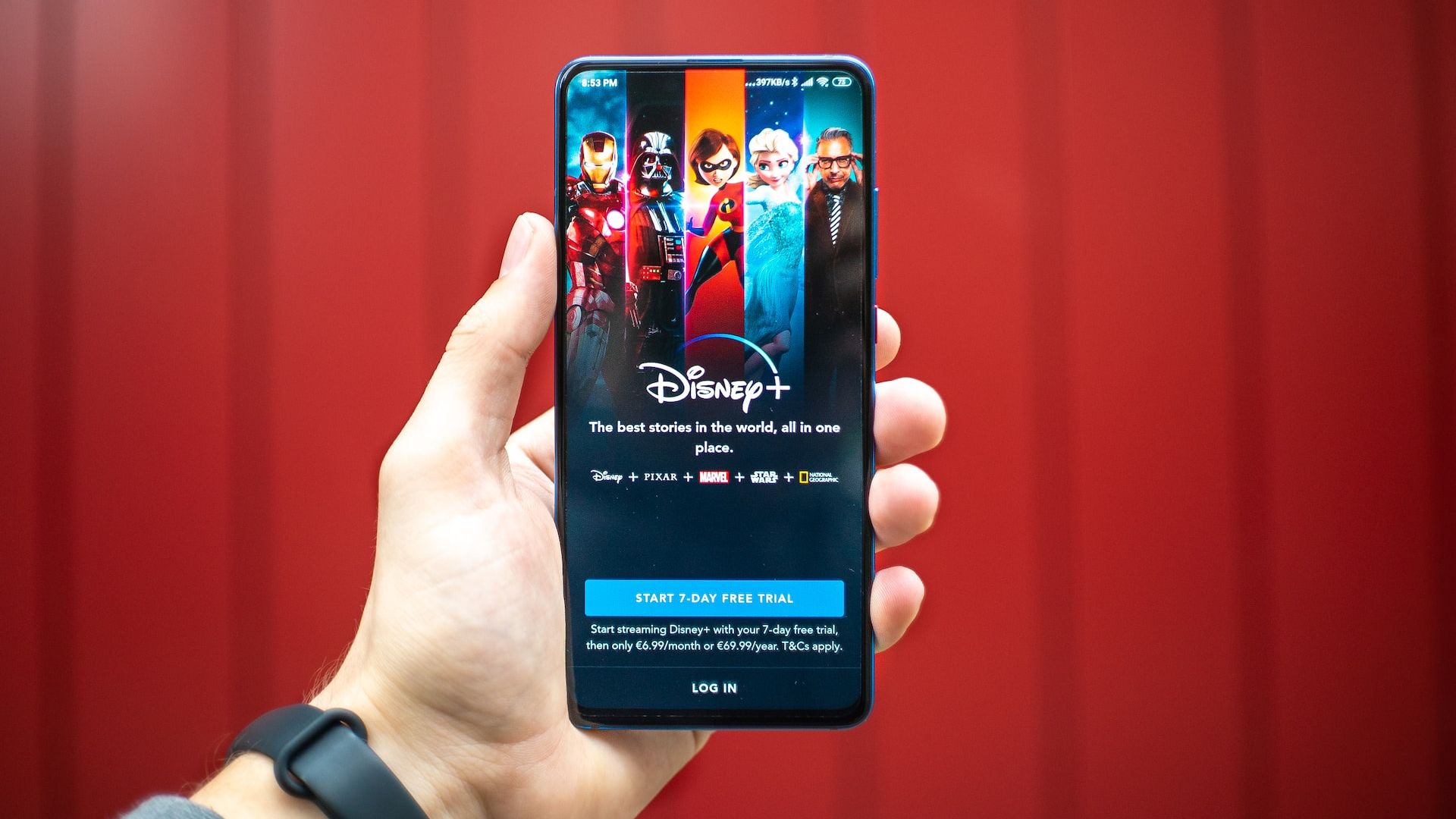
1. A common enemy attracts customers
Unite against a bad guy to attract more customers.
- Identify a common problem.
- Make the problem sinister.
- Show customers your plan to beat the problem.
The bigger the problem, the more customers you'll attract.
2. People buy the whole experience.
- People don't buy into logos.
- People don't buy into colour palettes, or fonts.
- People buy into the whole experience.
Every detail counts towards building a brand.
3. The money is in the feelings.
- People don't remember what you say.
- They barely remember what you do.
- People remember how you make them feel.
A good feeling will always lead to more sales
4. People buy from people.
We don't buy from Disney, we buy into the characters behind the brand.
- Build a personal brand.
- Connect personally with your customers
- Build trust and the sales will come.
The future of business is personal.
5....
9 Rare Steps To Create Your Luxury Brand
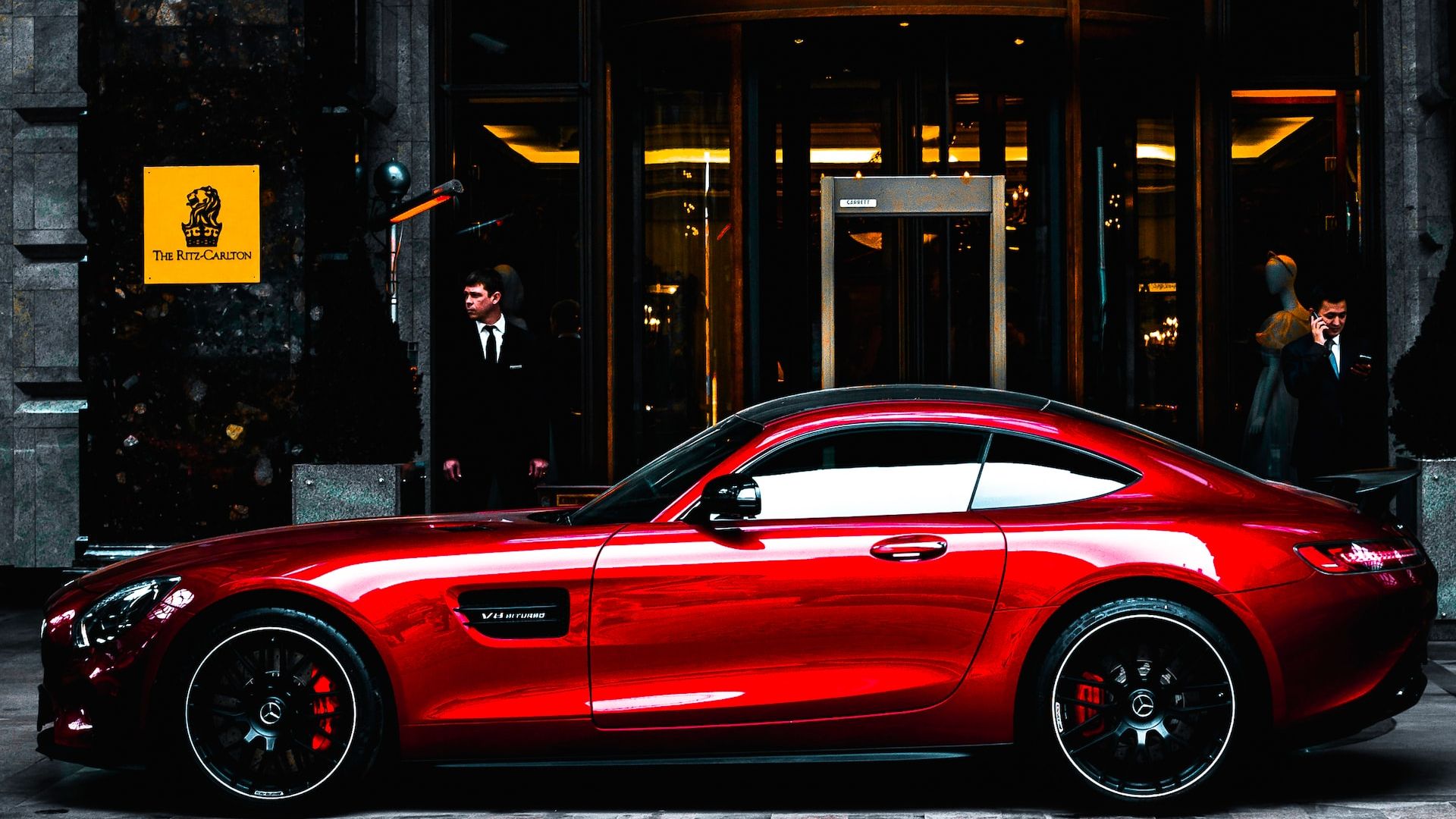
1. Luxury brands don't compete.
There is no comparison with luxury brands.
Focus on your own unique identity and the reasons why your customers should resonate with it.
2. Use the price/value bias
The higher the price the more the perceived value.
Focus on the meaning behind your brand, and what it means to use your product to influence the perceived value.
3. Sell to those who want to be rich
Its been proven by social science and psychology that luxury brands don't sell to the rich, they sell to those that want to be rich.
Your price point should be just outside of your target Audience's income.
4. Ignore rising demand.
Luxury brands don't tweak quantity to respond to new demand of consumers.
Set a specific number of units you are willing to produce and stick to it.
5. Target people with low self-esteem
Speak to customers Esteem needs. Make your customers feel like a better person
6. Use the forbidden fruit effect
Luxury brands intentionally keep anyone that is not a super fan...
5 Strategies You Need To Steal To Build A Profitable Business

1. Give your customers a voice.
We all want to be heard. Smart businesses serve customers who's needs aren't met.
Examples:
- Uber. Customers that wanted a simpler way to get a taxi.
- Airbnb. Customers looking to make extra money from having a spare room
2. Use the "Gruen Transfer" technique to increase customers desire to buy.
Do this by leveraging:
- Vivid imagery upon entering.
- Immense benefits and value to customer
- Bright colours
All in attempt to overwhelm your customer, causing spikes in dopamine that raise the desire to buy.
Example: IKEA stores
3. Communicate in pictures.
Understand that the human brain thinks in pictures
If I say "Purple Lion"... you don't think of the words. You see a Purple lion.
When trying to persuade, put what you're trying to communicate into images for better conversions.
4. Create a brand identity that reflects your customers identity.
Your customers want to see a...
7 Branding Tips That Influence Customers, Win Hearts, And Make You Extremely Profitable!

Branding is a key business skill. Learning it will make you millions.
Here are 7 branding tips that influence customers, win hearts, and make you extremely profitable:
Tip #1: Focus on first and last impression.
People are more likely to remember the first and last thing you say. Anything in between is often forgotten. Here's how you apply it:
- Lead with strong opening titles.
- Start and end sentences with the most important information.
Tip #2: Focus Internally First.
This means focusing on:
- Building your Team
- Creating a thriving work Culture
- Having Standard Operating Procedures in place
A happy team creates happy customers.
Tip #3: “People don't want to buy a quarter-inch drill, they want a quarter-inch hole.”
– Theodore Levitt.
The lesson here is that people don't want your product, they want the result of your product.
Tip #4. Create your brand identity around a lifestyle
It might look like brands like Nike sell to everyone....
9 Rare Methods Every Startup Needs to Grow a Profitable Brand
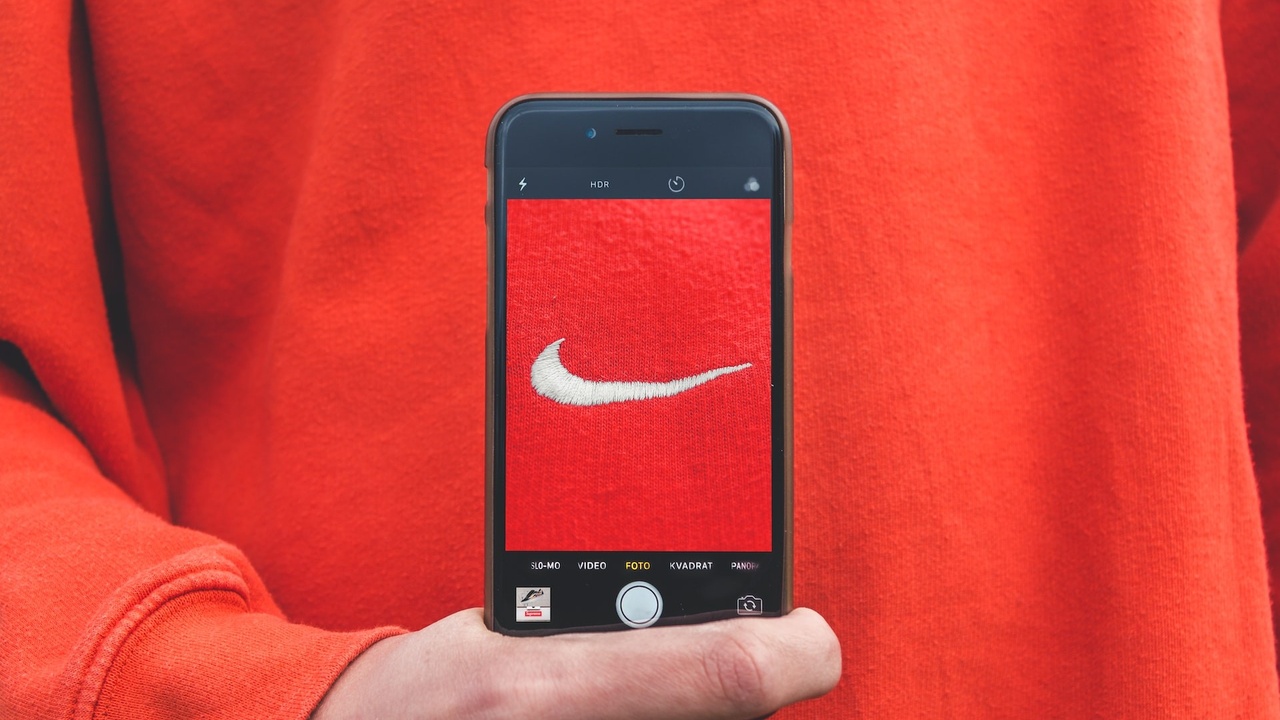
If I were to start over, grow a 170,000 audience, and work with thousands of customers. This is what I would do:
1. Identify my early adopters
- Identify the key problem I solve
- Identify who struggles with this problem
- Build profiles for different categories of people
- Rank each category
- Define who struggles most
- Conduct a survey to validate high value targets
2. Identify a key network of people to help build my business
1. Public Speakers
2. Lawyers
3. Investors
4. Finance Advisors
5. Designers
6. Copywriters
7. Marketing Experts
8. Software engineers
9. Sales experts
Your Network is your Net Worth.
3. Document every process early
This will help me document every successful operation inside the business to continue generating results:
- Get a project management software
- Map out what tasks need to be done
- Define clear steps
- Assign who needs to do it
- Set deadlines
4. Develop a Powerful Brand Voice
To do this I'd need to:
- Have a stance.
- Be...
5 Genius Ways Starbucks Used Psychology to Become the King of Coffee
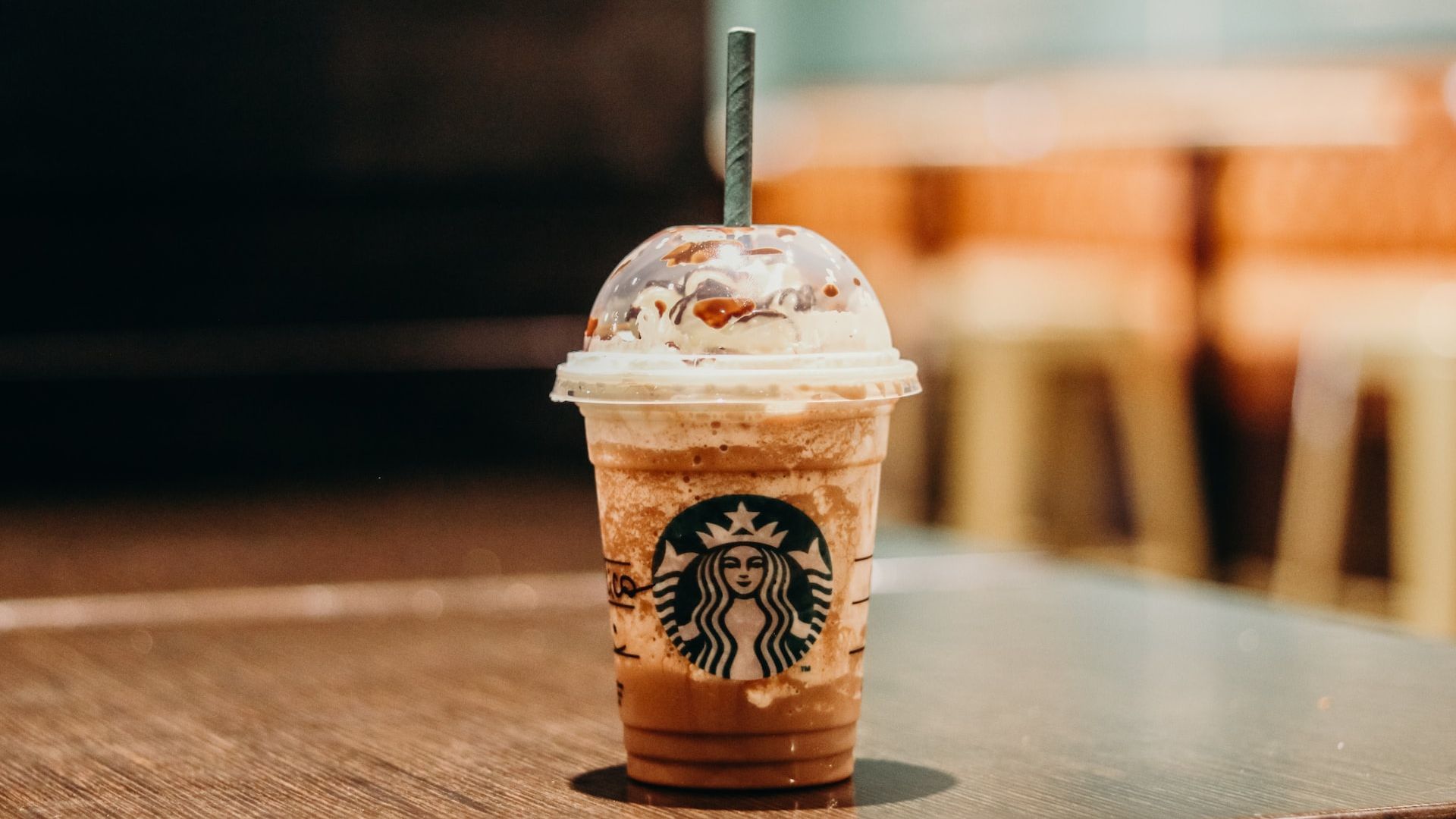
1. Irrational Value Assessment:
The Starbucks Effect
When people see a high-priced item, they automatically assume it’s of a higher quality and more valuable than something that’s cheap.
Example: Starbucks charged more for what used to be cheap and dressed it in a premium customer experience, with nice tables, good music, and friendly baristas.
2. FOMO Keeps Customers Coming Back
The psychological pain of losing is twice as powerful as the pleasure of gaining something.
FOMO gets customers into the store and makes them feel like they’re part of something exclusive and special.
Example: Seasonal drinks that happen only at Christmas
3. Removing Friction: Starbucks Used Psychology to Create a Habit
Remove as much friction in your customer journey as possible. Make it so easy to interact, buy, and gain access to your product.
Example: Their app removes two of the biggest pains from getting coffee, waiting to pay and waiting to...
8 Hidden Secrets To Make Your Brand Feel More Expensive And Loved
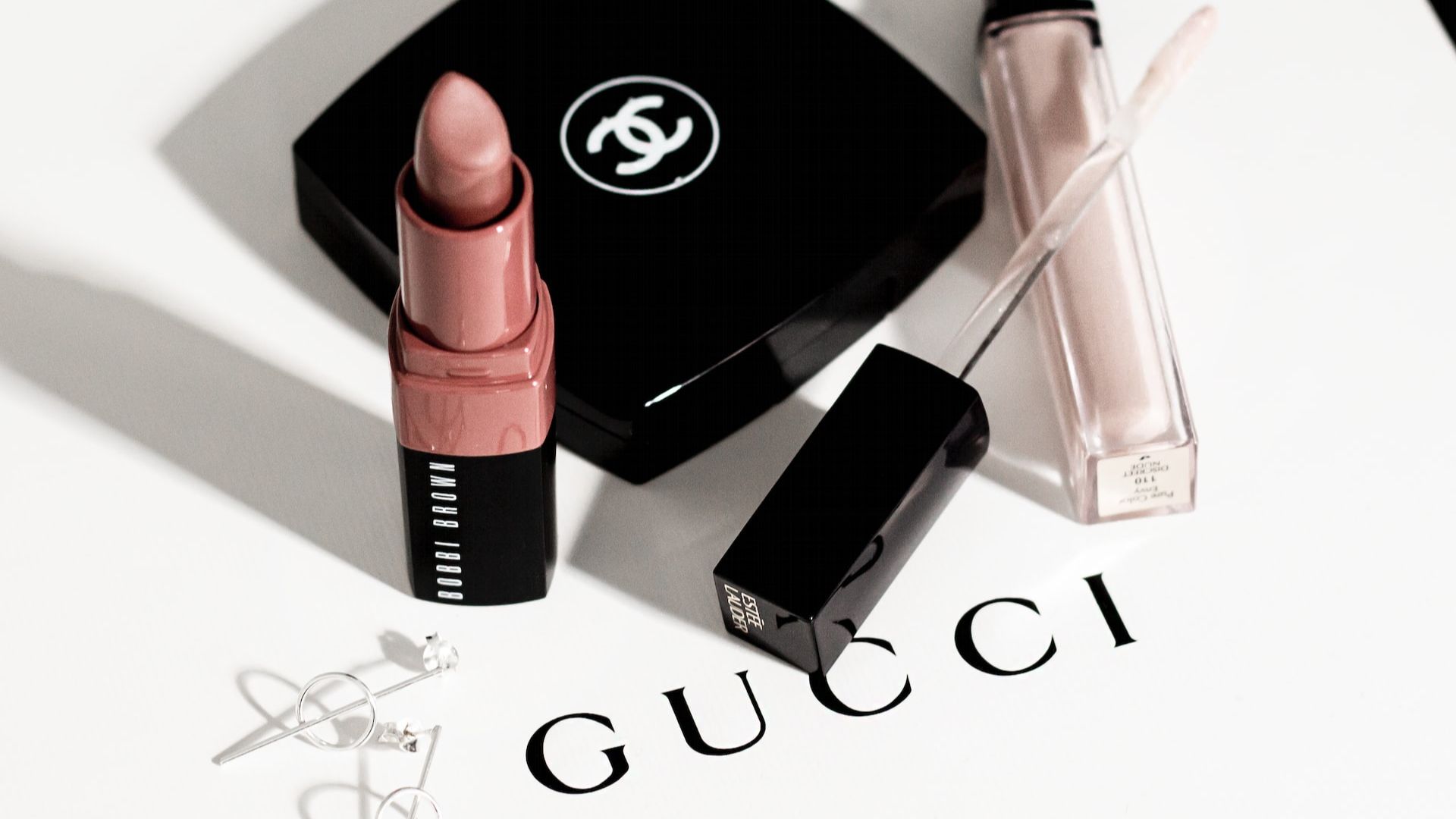
1. Focus on a niche
Niching allows you to avoid competing against huge players that already dominate the space
Appeal to a smaller focused market segment
Consider how you can make your product or service more bespoke
Don't compete, infiltrate new opportunities
2. Use Luxury positioning
Positioning is how your brand is perceived in your customers mind.
What makes your product or service different?
What makes the experience different?
What is different about how tou make customers feel?
3. Attach Symbolic Value to Your Products
Expensive brands give their brand meaning. Often in the form of emotional value, or expressing a buyers status/role in society.
Connect your brand to an idea/even a cause that means a lot to you
4. Use Exclusivity
It should feel like a gift to even get the opportunity to buy your product. Expensive brands limit what they have to offer.
Limit quantity to increase perceived value
Limit who you serve to create loyal fans
Limit when you sell an item...
How Apple’s Marketing Gets You to Pay $1000+ for an iPhone
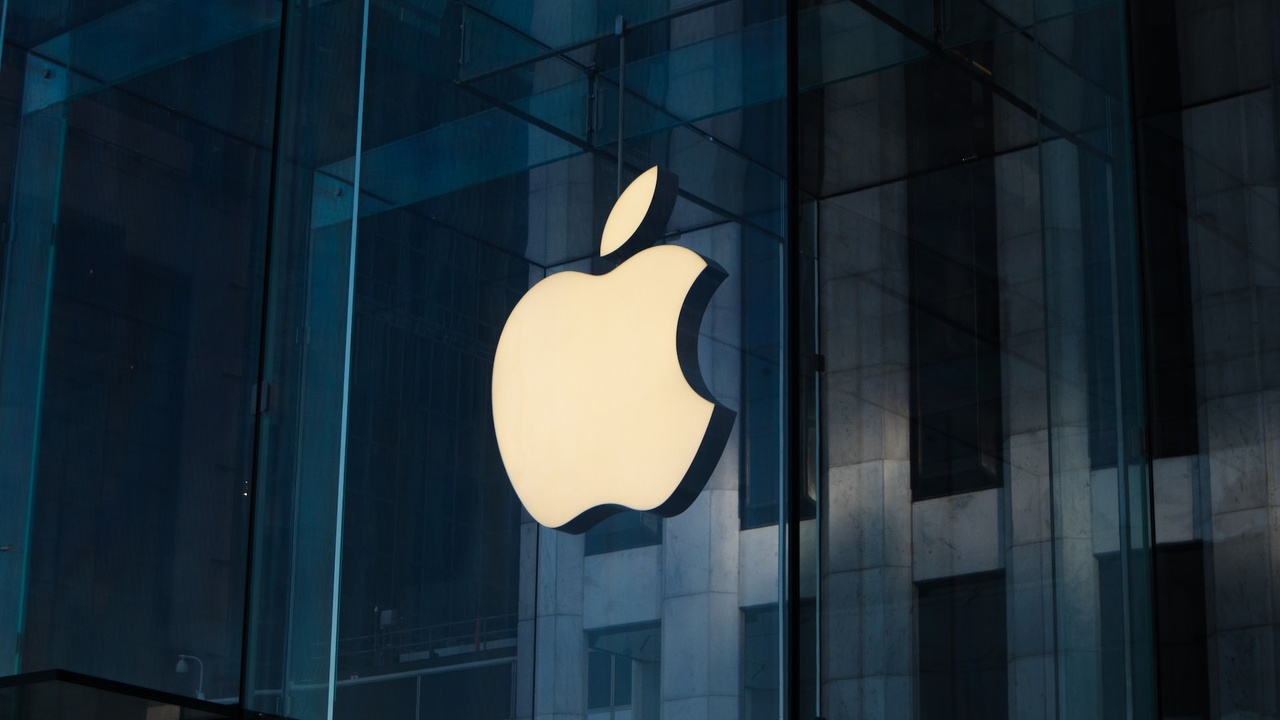
1. Apple Marketing Strategies Appeal to Our Emotions
We use products like iPhones to signal to other people "who we are".
Psychologists call this behaviour “self-signaling” and it’s an incredibly powerful marketing lever.
2. Apple Believes in Simplicity
The iPhone is shiny, sleek, and perfectly proportioned.
Its minimalist design and product-focused marketing are a sensory experience created to drive desire for the iPhone.
It’s down to a psychological principle called the Simplicity Theory.
3. Masters of Status
The combination of innovation, style, and desire makes the iPhone a status symbol.
Trying to attain status is a powerful driver of human behavior.
4. We Want What We Can’t Have
Apple knows that the psychological and economic principle of Scarcity is a powerful driver of desire, so they stoke the flames of doubt in their biggest fans.
5. The Psychology of Price
Price is one of the indicators that something might...


